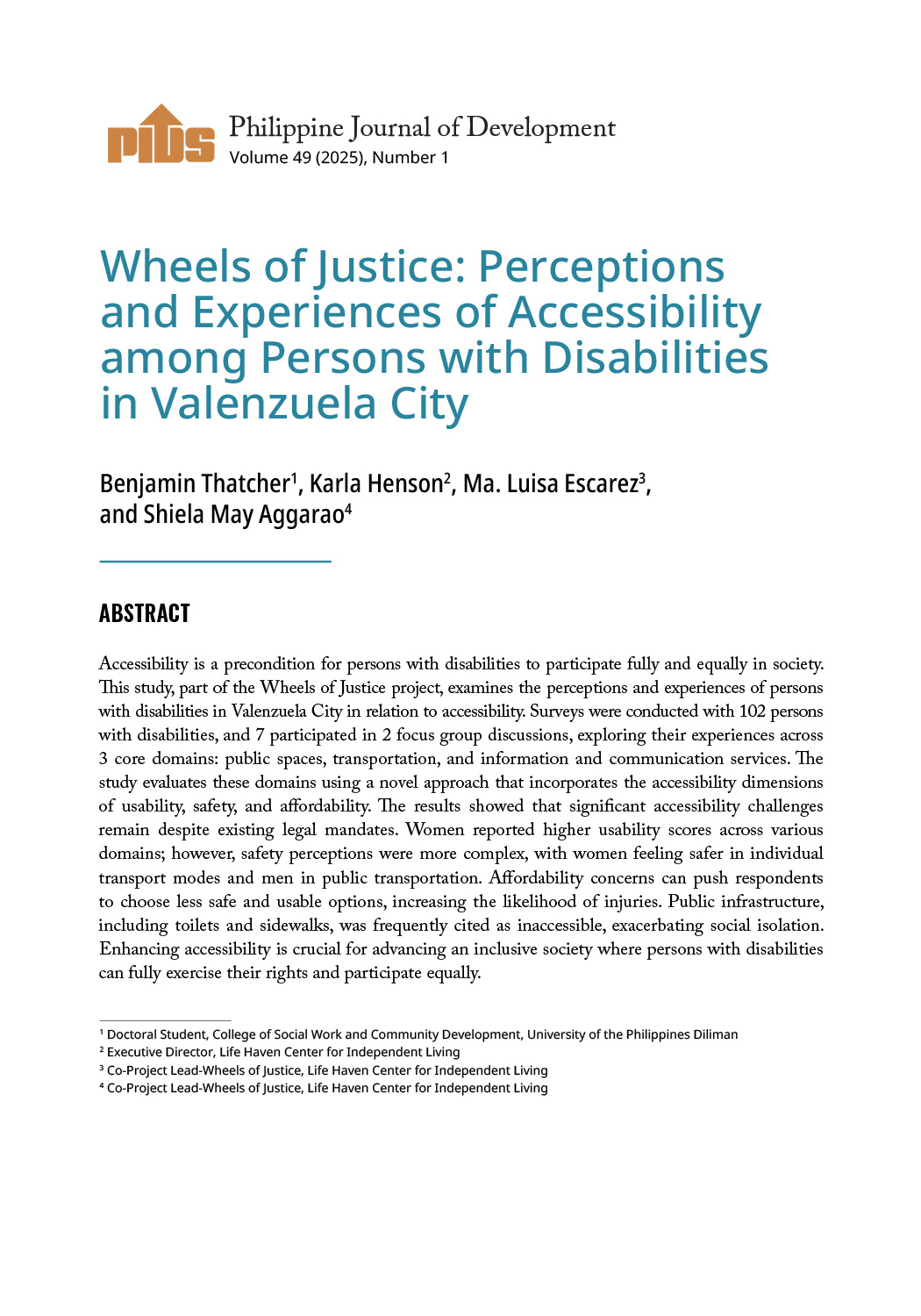The heads of the Philippines' premier schools of government and development management expressed support to the 13 senators who supported the ban on political dynasties.
Ateneo School of Government dean Ronald Mendoza, University of the Philippines National College of Public Administration and Government dean Maria Fe Villamejor-Mendoza, AIM Stephen Zuellig Graduate School of Development Management head Kenneth Hartigan-Go, Philippine Institute for Development Studies senior fellow Jose Ramon Albert, and Jesse M. Robredo Institute of Governance Francisco Magno issued a statement supporting 13 lawmakers who signed the Senate committee on electoral reforms and people's participation's report banning political dynasties.
"We, the heads of the country’s largest schools of government and development management, support the 13 leaders in the Senate who have broken an over 25 year-old impasse on a key reform by supporting political dynasty regulation," the statement posted on Ateneo de Manila University's website reads.
"This is a reform that the 1987 Constitution called for our leaders to pass into a law in order to prevent the monopoly of political power," the heads of government and development schools emphasized.
On March 22, Senate Minority Leader Frank Drilon, Senators Risa Hontiveros, Loren Legarda, Panfilo Lacson, Joseph Victor Ejercito, Paolo Benigno Aquino IV, Nancy Binay, Sonny Angara, Ralph Recto, Leila de Lima, Sherwin Gatchalian, and Francis Pangilinan signed the Committee Report No. 367 or Senate Bill 1765.
The Senate bill aims to prohibit immediate and extended relatives from running for public office to succeed or replace or simultaneously seek a post as an incumbent relative in the same area, among others.
"This long-delayed reform explains in part why good governance in this country has been elusive despite the ambition of citizens’ empowerment under the 1987 Constitution and the 1991 Local Government Code," the school heads said.
"Now backed by veteran politicians, as well as young leaders, some from well-known political families, this reform hopes to level the political playing field and help improve political competition and political parties in the Philippines," they added.
Pangilinan is expected to sponsor the bill in the plenary when the session resumes on May 14.
The proposed measure limits the prohibition to the second degree of consanguinity or affinity - which covers spouses (legal and common-law), siblings (full or half-blood), parents, children (legitimate, illegitimate, and adopted) and the children's spouses.
It also prohibits an incumbent national elective official, including a party-list representative, to have these same set of relatives run for any position in the national and local levels, including as barangay captain, mayor, governor, or district representative in any part of the country. This also applies the other way around.
"We hope that with the growing support of the Filipino people -- notably our youth – many more leaders will join them to consider what is good for the nation and successfully open the doors to our political system ushering new leaders and a better type of politics," the school heads said.
"Passage of dynasty regulation will be much needed oxygen for an already deteriorating democracy wherein clan-based and traditional politics has not only entrenched poverty and underdevelopment in our countryside, but has also crowded out the growth of stronger political parties," they added.
Also, they said that the country's top government and development schools said that "dynasty regulation is one key step that brings us closer to that reality."
"More new leaders and stronger political parties promise more coherent, evidence-based and continuous policy reform to move the country forward," they said.












